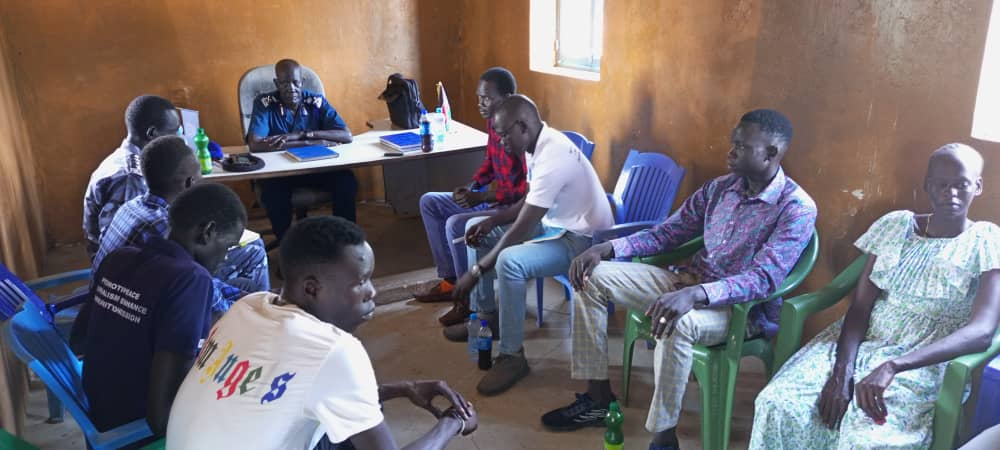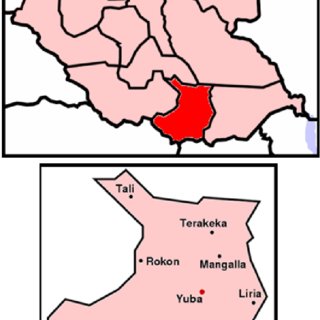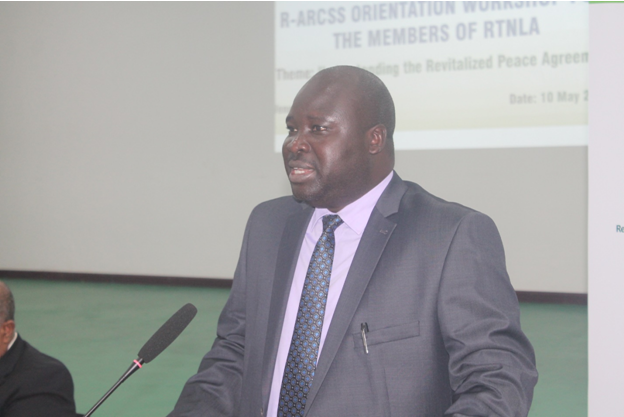
South Sudan minister slams law makers for delaying examination budget for learners

The Deputy Minister of General Education and Instruction, Martin Tako Moyi has admonished members of the National Legislative Assembly (NLA) and the Council of States for delaying approval of annual budget for examination.
“I am appealing to honorable members in our legislative assembly, council of states to do something urgently to save the situation of education in this country. In many countries, the necessary funding for examination process is put in the block account, when time comes immediately people begin to work on this but that is not the case in this country,” Moyi told journalists during the opening of the National Examination Council meeting in Juba on Thursday.
Victor Laku, the Vice Chancellor for University of Bahr el Ghazal, said the poor quality of education at the lower levels of education is also being felt at university level.
“We are also meeting a lot of problems concerning the system of education; we have realized that the skills of students who are studying at all levels are not really helping. The standard is really low in all specialization,” Laku said.
Laku called for training of teachers and also for the ministry of general education and instruction and the higher education ministry to devise to rectify existing challenges.
Athian Madut, a member of education sub-committee in the National Legislative Assembly, said there is need to avail budget for examination process.
“There is problem in the Ministry of General Education; the budget for general education only caters for salaries. We have crisis in education and exam council is the mother of general education,” Madut said.
“What we have seen is that the budget for printing examination comes late. We request all institutions concerned to look into education, we have free education but the budget for ministry of education is low,” he added.
William Ater, the advisor for general education in the ministry of general education and instruction, said the challenges in the education system are increasing and they need to be collectively addressed.
“Education is not there to work in isolation, if there is no money we will continue to have no teachers and teachers are the cornerstone of any education system, without qualified teachers we will continue to have problems,” Ater said.
More than 2.8 million children dropped out of school due to combination of factors such as conflict, floods and early and forced marriages, according to the UN Children’s Fund (UNICEF).




































